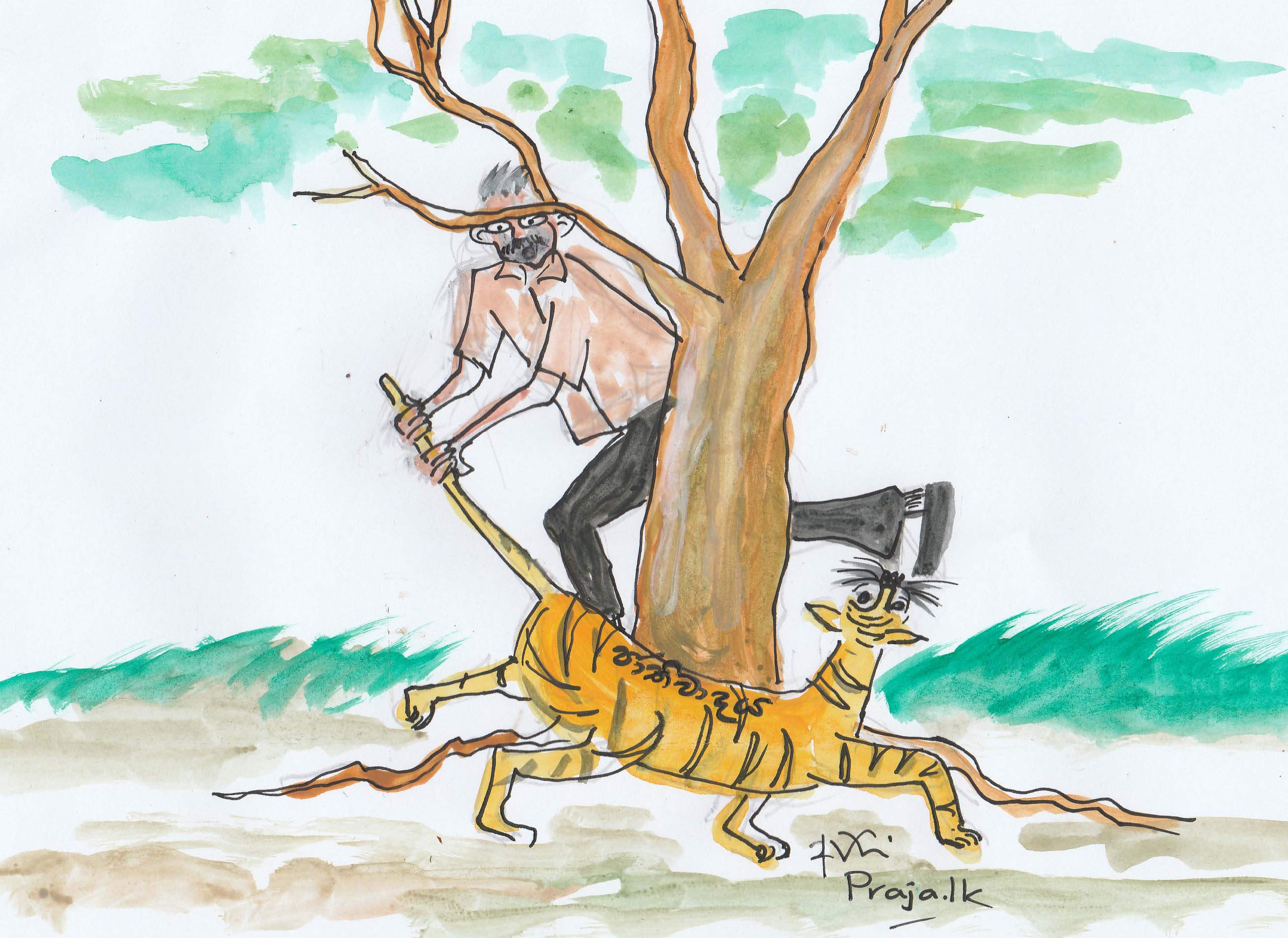Living with a government that you dislike
The translation of a new column by Ajith Perakum Jayasinghe on Lanka Newspaper (Read in Sinhala)
No one can deny that Gotabhaya Rajapakse’s government is popular among Sinhalese Buddhists. According to the presidential election results, Tamil and Muslim communities did not vote for the President. Among Sinhalese people also, the majority of those who oppose racism and admire democracy and liberalism did not vote for Gotabhaya Rajapakse. The writer of this article also supported the candidate, who appeared as the most potent to defeat Gotabhaya Rajapakse, to prevent him from rising to power.
I dislike the current President and the government because of several reasons. I have been advocating for the democratic reforms of the state of Sri Lanka to assure all castes, races, religions and especially women are guaranteed equal rights and opportunities in the government instead of the existing state of Sinhala Buddhist dominance. Majority of forces, who brought Gotabhaya Rajapakse to power, wants to strengthen Sinhala Buddhist dominance further and to disenfranchise whatever the privileges the minority communities enjoy today. The present government is yet to show any progressive attitude towards women. It is fair to say that this is a Sinhala-Buddhist, Govigama caste, male dominant government.
I do not know whether the economic principles of Gotabhaya Rajapakse are the same followed by his brother Mahinda Rajapakse’s. I refuse Mahinda Rajapakse’s economic policy of maintaining a broad and inefficient state sector, upon which a vast middle class from politicians to public servants depends. Recent estimates figured out that one in every 15 persons of the population of Sri Lanka is employed in the public sector. Such a system is not favourable either for the working class or entrepreneurs, and such a government cannot sustain development.
Rajapakses promoted war throughout their history. They do not have good records in terms of protecting human rights. I have been an anti-war activist, and I am not attracted to Rajapakse’s claim for war victory at all.
But any person or any team can change. Therefore we should not be pessimistic. I estimate that Gotabhaya Rajapakse will lead the country for at least the next five years. In such a context, as an anti-Rajapakse activist, what am I supposed to do now? Should I give in to an underground mentality and act like the group that can be symbolized with the sample question “Sir, why didn’t you take power by killing?” This symbolic question or rather the comment was expressed on January 09, 2015, by a man who was in the loyal audience of Rajapakse’s at Medamulana Walawwa immediately after Mahinda Rajapakse’s presidential defeat.
The group represented by this question acted accordingly since then until November 16, 2019. Should I oppose all government activities as they did? Should I disrupt all government efforts for economic stability and development? Should I disobey even the law of the country? Should I wholeheartedly wish the government to fail together with people including myself? I think no.
Irrespective of the government in power, we have state evolving through history. The state always stands for development, democracy, the rule of law, human rights, peace, non-aligned external affairs and friendly relations with the world. However, the government, the politicians as well as the public officials and even the people, have worked against these objectives too often.
Despite the fact of who governs the country, the state belongs to its citizenry. Citizens have the right to reform state either democratically or revolutionarily. Citizen is not the average man or woman. A citizen is an intelligent person who works for the benefit of himself and society. I propose all of you to act partisan to the government, to represent the citizenship and to engage in dialogues as a citizen.



